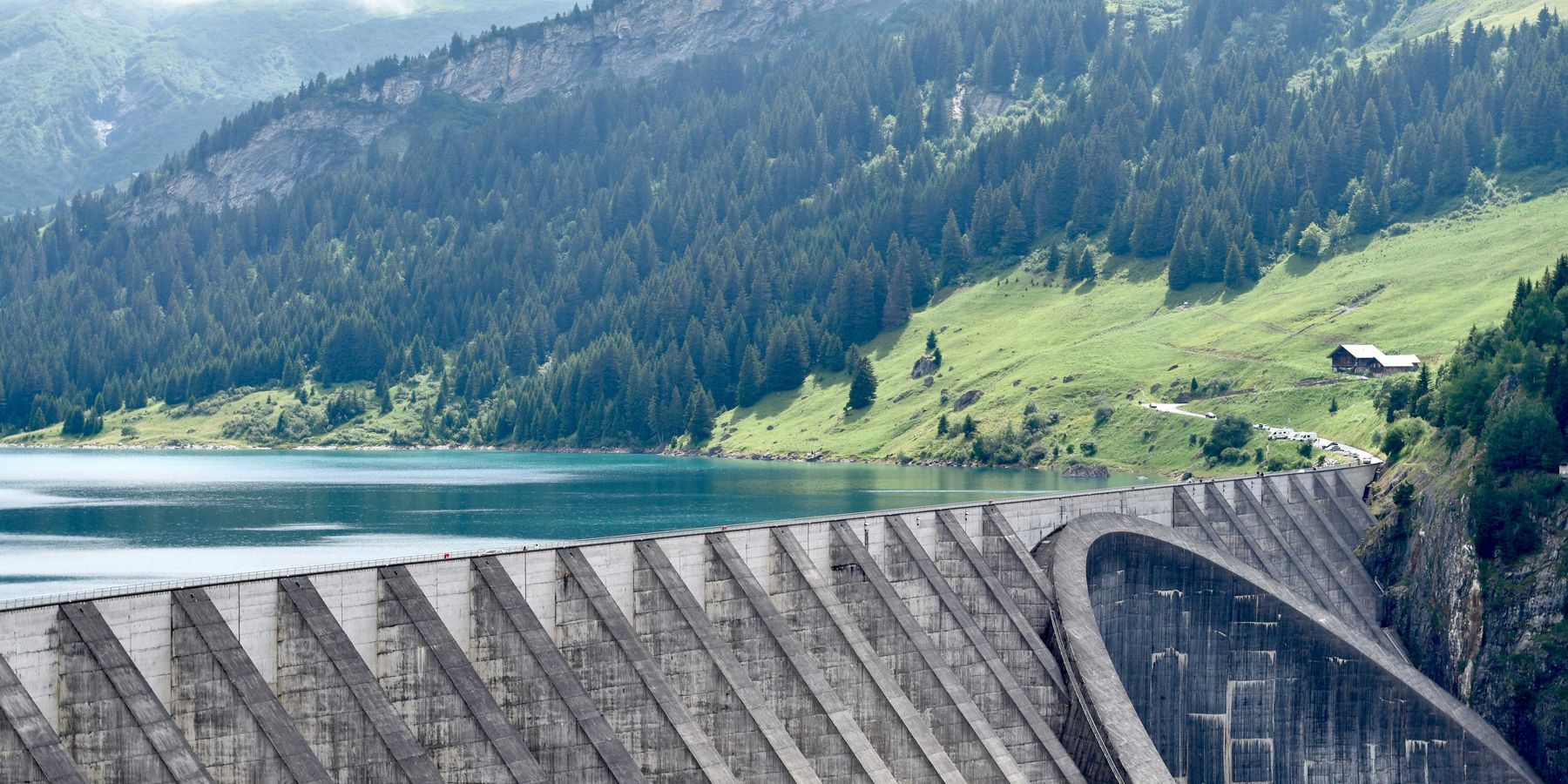Daniel Imhoff: Time for a climate resilient Farm Bill
It is time for farmers and policy makers to jointly create a legislation that provides both for the survival of the planet and allows them to survive financially with ongoing taxpayer funding. There is no other sane option.
At the end of September, the House and Senate missed their deadline to agree on a Farm Bill, leaving in limbo the $100 billion worth of programs we spend annually on food assistance and agriculture.
That delay opens the possibility for the country to change course and help avert a global meltdown with policies that could transform the "Corn Belt" into a climate cooling "Carbon Belt."
Current subsidies are supposed to even out the financial ups and downs of crop production and help farmers stay afloat in a competitive global economy.
Instead they've actually created a wasteful and polluting engine of overproduction. There's a cruel irony here. The biggest obstacle farmers face is overproduction, which drives down prices, saturates markets, and shifts the burden of recouping the cost of raising crops to taxpayers.
Most of the ever increasing harvests of corn and soybeans produced by our struggling farmers aren't even eaten directly by humans. They are fed to cattle and used for industrial food ingredients and biofuels.
A substantial amount of the overproduction is also exported. The real winners are the grain traders and meat factories and ethanol distillers and agrochemical corporations whose lobbyists write the Farm Bills and benefit from low commodity prices.
There is a waste crisis as well: 40 percent of the food produced never reaches an eater's plate. Much of it winds up in landfills.
The costs of this status quo are enormous. Agriculture is responsible for as much as 20 percent of global greenhouse gas emissions.
Industrial farming operations — using copious amounts of energy for transportation and chemical production and raising tens of billions of methane-generating animals in confinement — are a big contributor to the imminent temperature spikes recently projected by the Intergovernmental Panel on Climate Change. They gave us just a dozen years to get atmospheric carbon levels under control or face dire consequences.
With extremely challenging weather conditions across the heartland, the realities of climate change can't be far from most farmers' minds. Yet it seems to have little traction in our political discourse.
Continuing to support policies that increase planetary temperatures will be disastrous to future crop harvests. Storm events are getting stronger, nights are warmer and droughts are wreaking havoc across the world's agricultural regions.
As temperatures rise, pollination and photosynthesis become less efficient. Parched soils further diminish yields and nutritional values. This means that the more sustained heat our crops experience, the smaller harvests will be. And if farmers plant more acreage to try to make up the difference, they'll likely increase the consumption of fresh water, toxic chemicals and energy and production of greenhouse gas emissions in the process.
But what if if our agriculture programs rewarded farmers for making us more resilient to these climate shocks? An expansion of existing Farm Bill programs could give farmers the financial assistance to survive the vagaries of international competition and increasingly volatile weather while creating incentives for taking carbon out of the atmosphere and storing it in plant roots and healthy soil.
We have a model for such policies in the first Farm Bills, which were written in the era of the Dust Bowl and the Great Depression to solve a crisis of overproduction by investing in conservation. Those early programs were designed to protect the land from overplowing and maintain vital habitat around the farm, keeping rural communities alive.
The 21st century version of that conservation focus could encourage U.S. farmers to adopt a range of practices with a widespread global impact.
Instead of using ever scarcer resources for surplus corn and soybeans, we could drastically increase our use of cover crops such as rye and legumes that provide non-chemical nutrients and build organic matter and protect bare soil on farms and rangelands.
Animals can be removed from massive feeding operations and re-integrated in lesser numbers in managed pasture rotations — an effort that will require a whole new generation of training and infrastructure. Farmers could massively expand habitat in and around farmlands by taking marginal lands and field borders and wetlands out of production and planting deep rooted perennials to create a bank of underground carbon. Energy use and food waste can be aggressively reduced. Research into soil building, no-till and organic farming, and rangeland management must be significantly upscaled.
With our support, our farmers can do a lot to address the threats of climate change head on but it must be coupled with efforts to cut emissions across all sectors and nations and citizens.
It is time for farmers and policy makers to jointly create a legislation that provides both for the survival of the planet and allows them to survive financially with ongoing taxpayer funding. There is no other sane option.
Dan Imhoff is the co-author of the forthcoming The Farm Bill: A Citizen's Guide with Christina Badaracco, which will be published in January 2019, as well as multiple books about the food system, including CAFO: The Tragedy of Industrial Animal Factories (winner of the Nautilus 2011 Gold Prize for Investigative Reporting), Farming with the Wild, and Farming and the Fate of Wild Nature (with Jo Ann Baumgartner).













